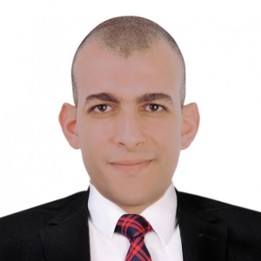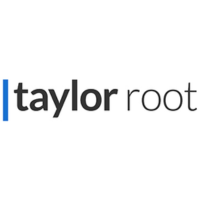

Vice president, general legal advisor | Saudi National Bank





Ahmed El Sayed El Hadidi
Vice president, general legal advisor | Saudi National Bank
Could you share an example of a time when you came up with an innovation that improved how your legal team works and did not come at a large expense?
We have established some guides as well as implemented automation into our operations to improve our efficiency. The Litigation Guide App provides country-specific litigation guidance in a user-friendly Q&A format, including a comparison feature, principles, and class action components. It covers all our bank’s offshore branches.
We also established the Debt Restructurings Guide which addresses key issues in debt restructurings, facilitating topic comparisons across various jurisdictions. It explores restructuring options and formal insolvency processes, considering implications and risks for stakeholders.
And the final guide we created was the Drafting Guide which encompasses document sharing, review, CP checklists management, proofreading, and document comparison.
In regard to automation, we have implemented an Automated Document Assembly system, this streamlines the receipt of customer legal requests and documents, allowing us to efficiently review large volumes of data, prepare legal strategies, improve quality, and reduce costs for due diligence projects.
How do you balance your responsibilities as a GC with your involvement in dispute resolution and M&A matters?
I create a prioritised weekly task list and check them off as I finish them. M&A tasks take precedence, whether long or short, easy, or challenging. I set time limits for dispute-related tasks to enhance productivity and prevent procrastination. In addition, breaking larger projects into smaller parts over a few days allows me to achieve multiple goals daily, reducing stress and maintaining productivity. My commitment is always to give my best in everything I do.
Can you foresee any key developments to the way general counsel work over the next five years?
The world economy has been volatile in 2023, with this expected to continue to 2028. Factors like the Ukraine invasion has led to rising interest rates, inflation, and increased costs. As a result, institutions have had to cut fees as clients shifted towards more cost-effective competitors. Additionally, stringent anti-money laundering (AML) and source of funds checks remained necessary, and institutions were barred from conducting transactions with sanctioned clients and countries. Consequently, we have had to look at more efficient and cost-effective ways of working.
We aim to boost efficiency by leveraging technology and automation, exploring integrated software solutions over separate packages to create a streamlined digital ecosystem for better workload and client management. Furthermore, creating a positive remote working culture is crucial, as it enhances cybersecurity and online activity verification. IT professionals are increasingly concerned about the rising cyber threats. This poses a significant challenge in attracting and retaining talent in the coming years.
Improving staff work-life balance is a top priority, and it will be seen as an enhanced benefit in their package. We will focus on implementing innovative and continuously improving legal operating models. This includes attending community events and using marketing initiatives to network, enhance the institution’s profile, and gather positive feedback from existing clients to increase the institution’s value.
What emerging technologies do you see as having the most significant impact on the legal profession in the near future, and how do you stay updated on these developments?
I see several technologies impacting the legal profession in the near future. Digital interfaces in legal processes, like E-Discovery, will streamline the sharing of information without paper documents. AI-powered document and data management software, such as iManage’s Insight, will accelerate value delivery through smart content and communication management on the iManage Cloud platform. Microsoft Power Automate can simplify process automation with user-friendly tools, which could empower non-technical teams to create data-driven applications.
Mobility technology trends, including cloud solutions and tools like the iManage Mobility App, are capable of supporting remote and hybrid work by providing access to essential information from anywhere. Task tracking tools will reduce time wasted on administrative tasks, enabling legal teams to focus on higher-value activities. Finally, contract management software remains essential for automating contract processes, mitigating errors, and ensuring compliance. I stay updated on these emerging technologies via newsletters, networking, and attendance at high-tech conferences.
Ahmed El Sayed El Hadidi specialises in banking and finance transactions, energy, construction, securities, global markets, project finance, mergers and acquisitions, trademarks, and patents. With a background spanning Saudi National Bank, National Bank of Abu Dhabi, and various international institutions, Ahmed is frequently called upon to draft and review ICC rules, banking laws, and acquisition regulations.
Ahmed is an active member of the Banking Commission of ICC France, participating in legal, financial crime risk, and policy committees. Ahmed has led and contributed to law reforms in transitioning economies, authored notable articles in international arbitration, banking, finance, and more.
Ahmed holds a Master of Law degree from the American University and Zurich Law University, along with a Bachelor of Law from Cairo University’s English Law Section. In addition to his legal work, Ahmed is involved in various charitable and community projects.